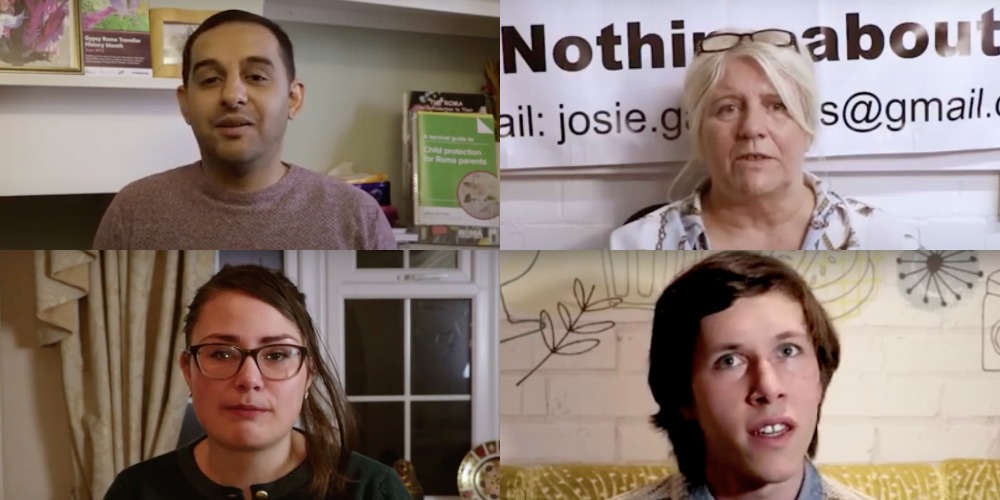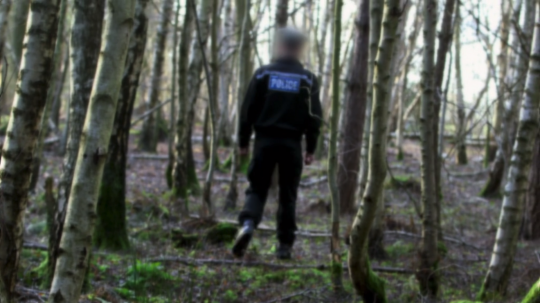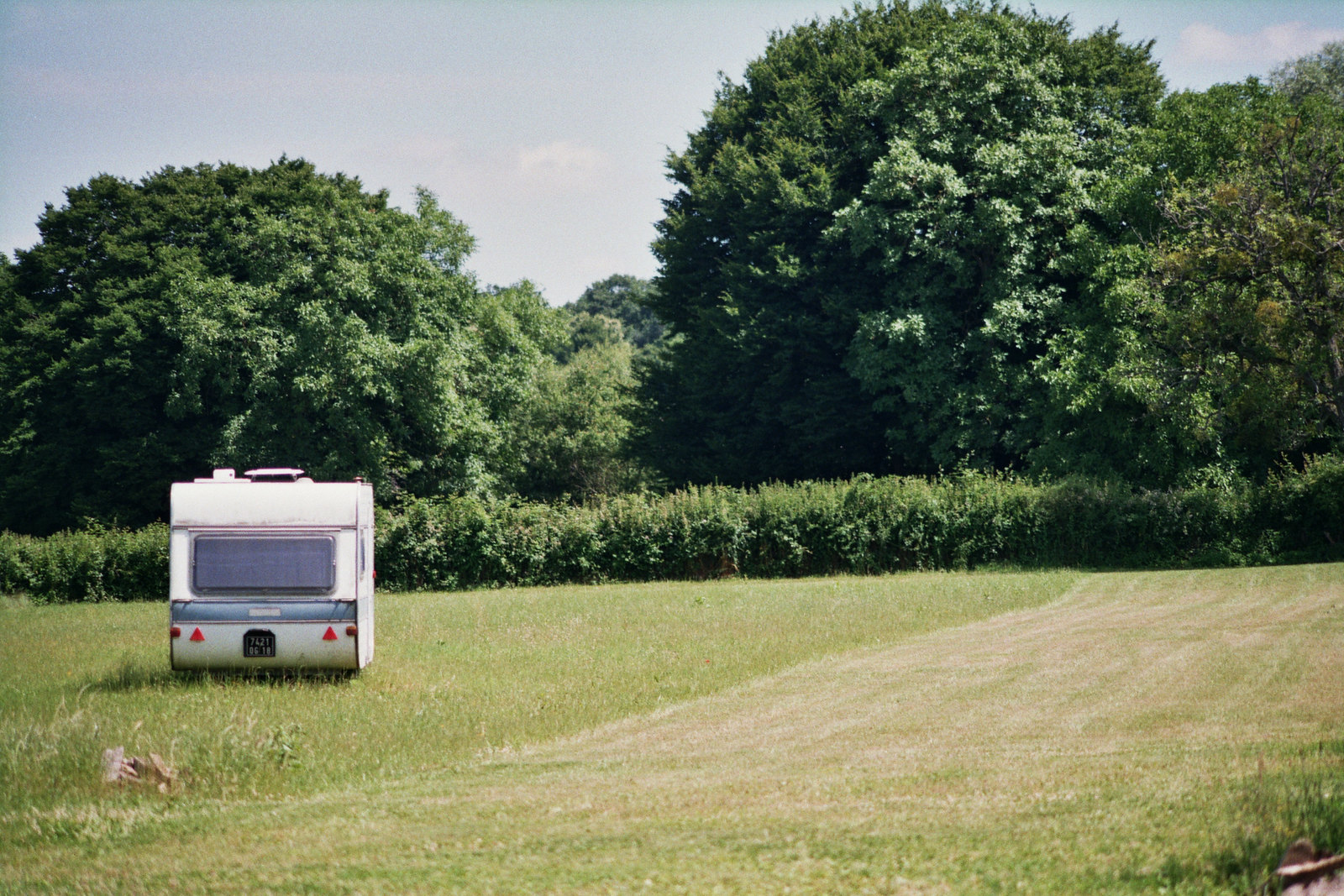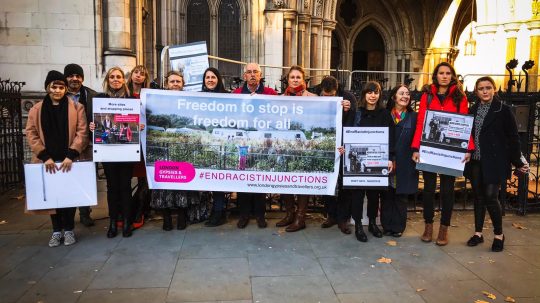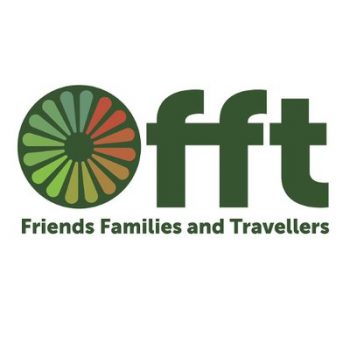“I was just sick of there being so many low expectations about Travellers,” said former teaching assistant Lisa Smith, on what set her on her path to campaign for the rights of the UK’s Gypsy, Roma and Traveller (GRT) children.
After eight years working in a Traveller education service, Smith, who is Romany Gypsy, became disillusioned.
She pointed to the “lack of knowledge around Gypsy and Traveller language” in schools and the disproportionate rate at which Traveller pupils are excluded from school.
“It really wasn’t a choice for me whether I’d be an activist or not. It wasn’t in my mind that this was activism,” said Smith, who is now the chair of the Advisory Council for the Education of Romany and other Travellers (Acert).
“It was just that I needed to raise my voice about things that were going on that I thought were wrong.”
Smith’s story is included in new film series called ‘Standing on the Shoulders of Giants: Stories from people who have challenged injustice faced by Gypsies, Roma and Travellers’, which celebrates the UK’s nomadic communities’ fight against injustices.
Friends, Families and Travellers (FFT) – a charity working on behalf of all Gypsy, Roma and Traveller communities – said it hopes that these videos will highlight how these individuals have “stood up and challenged the status quo, in big and small ways, to make the UK a better place to live for Gypsies, Travellers, Roma and people living nomadically”.
The videos were created with filmmaker Charles Newland, who is from a Gypsy, Roma and Traveller (GRT) background and has previously worked with the BFI, Vice and the BBC.
Speaking to EachOther, Newland, 33, said: “As a filmmaker from a GRT background, it seemed natural for me to want to be involved in a long-term project with Friends, Family and Travellers to highlight both the discrimination we have faced as an ethnicity across the UK and Scotland, and also to show the positive force of community and activism as a meaningful part of our subjects’ lives.”
Newland, who is based in Nottingham, added that he hopes that the project will serve “as a historical record of activist work of the recent past”, and one that shows that this work “isn’t new and that a lot of Travellers have [been] – sometimes in their own different ways – fighting the good fight for a long time.”
Below, EachOther looks at the stories of four people from the series.
Lisa Smith
In the video series, Lisa, from the Romany Gypsy community, explained how she left school unsure what to do, before getting a job as a teaching assistant in a Traveller education service.
While she was there, she realised that there was a “lack of knowledge around Gyspy and Traveller language, culture and history in schools”, alongside a shortage of Gypsies and Travellers working within schools.
“I was just sick of there being so many low expectations about Travellers,” she explained.
After eight years, Lisa left her job and did a degree followed by a Master’s covering inclusive education in schools.
Upon graduating, she got involved with the Advisory Council for the Education of Romany and other Travellers (Acert), of which she is now the chair.
“What we do is try to advocate and lobby for policy change to make sure that every young Gypsy and Traveller whose education system can reach their full potential,” said Smith.
There’s a lot of stereotyping and discrimination and misconceptions about who Travellers are and a lot of lacking of information which has really set me on my activism path
Lisa Smith
Research has shown that those from Gypsy, Roma, and Traveller communities face discrimination at school and are more likely to be excluded than their peers.
“There’s a lot of stereotyping and discrimination and misconceptions about who Travellers are and a lot of lacking of information which has really set me on my activism path,” added Lisa.
Tyler Hatwell
Tyler, 28, who grew up in the Showman community, told EachOther that it was important for him as a bisexual man to find a place where he could embrace being part of both the Traveller and LGBTQ+ communities.
While Tyler stresses that he never felt that he would be outright rejected in the Showman community, he also felt less visible as a sexual minority.
“It was never something where I thought this is 100% going to be completely rejected, but it’s just that we are a small enough community that I never met anyone else who isn’t straight,” he explained.
“It’s the sort of thing where it wouldn’t be talked about even where it wouldn’t necessarily be judged.”
He added that he has also felt excluded by the LGBTQ+ community at times, citing a moment when he went to his first LGBTQ+ event as a student at Manchester University, where he felt unable to tell others that he is a Traveller.
“If you’re in a room with 20 Travellers maybe one of them doesn’t like the fact that you’re not straight and if you’re in a room with 20 gay people, one of them won’t like that you’re a Traveller,” he explained of his experiences.
Last year, Tyler applied to march at Pride in London, where he successfully organised a group of Travellers to take part in the parade alongside him.
Off the back of Pride in London, Tyler founded Traveller Pride, which supports LGBTQ+ Gypsies, Roma and Travellers.
“The idea now is that the equivalent awkward 14 year old boy can Google ‘gay Showman’ or ‘gay Gypsy’ or whatever it may be – and something will come up,” explained Tyler.
“It’s really about building that sense of community and building resources.”
Tyler runs the group with the help of around seven others, and said that around 40 people regularly came to their events before the pandemic.
“It is nice to have that sense of: ‘There is very little chance that anyone in this space is going to mind either of those two things about me’,” added Tyler.
How does running the group make him feel? “It can feel a bit cathartic,” he replied. “It’s not a space that I want to have to exist and in 10 years time ideally we won’t need it. But it is nice to have somewhere.”
Josie O’Driscoll
Josie, who is from the Irish Pavee (Traveller) community, is the founder and CEO of Gypsy and Traveller Empowerment Hertfordshire (GATE Herts), which she explained in the video was set up because she wanted to create a hub outside of London.
In light of the Brexit vote in 2016, Josie said that there were fears that hate crimes against ethnic minorities could increase. However, she said that there was no system to monitor hate crimes against Gypsy, Roma, Traveller and nomadic communities.
So, she co-founded Report Racism GRT in 2016, which tracks hate crimes against Gypsy, Roma, Traveller and nomadic communities.
The system can also log when and where there are spikes in these hate crimes.
“We can see where the racism is and we know where the hotspots are,” she explained.
We can see where the racism is and we know where the hotspots are
Josie O’Driscoll
Josie added that she would prefer to see restorative justice for perpetrators of hate crime, citing how one case at Report Racism GRT resulted in the conviction of a shopkeeper who was fined £200 for using hate speech against a man from the Traveller community.
“Maybe a day sitting with that Traveller man [instead] and having to listen to his life story and how his life is full of discrimination and prejudice from people – and then maybe then that shopkeeper might realise that it’s not nice for people to have to go through this,” she explained.
Mihai Bica
Mihai, 33, who is from the Roma community and grew up in Romania, said he got involved with FFT’s project because it offered a “good joint effort” in raising awareness of the prejudices and issues facing Gypsy, Roma and Traveller communities.
“I got involved in this campaign [because] I liked the idea of it,” he told EachOther. “I thought it’s a really good opportunity for voices, for people from our community to be heard alongside communities with similar experiences, like the Gypsy and Traveller communities.”
Having been raised in Romania, Mihai says he faced discrimination in many aspects of life. He recalled his teachers making negative comments towards him at school, children refusing to play with him, and being refused entry into bars and clubs.
“We have experienced centuries of discrimination and oppression,” he said.
“We have been excluded from education, we have been excluded from opportunities that the wider public had in their respective countries.”
We have experienced centuries of discrimination and oppression
Mihai Bica
Since moving to the UK in 2012, he said that he has continued to face discrimination, although it isn’t as widespread as in Romania.
“Still people have a negative opinions about my community,” explained Mihai. “Although they were not able to identify me just by the way I look or the way I speak, I’ve heard people saying things about my community, even though they were not doing it in an obvious way.”

